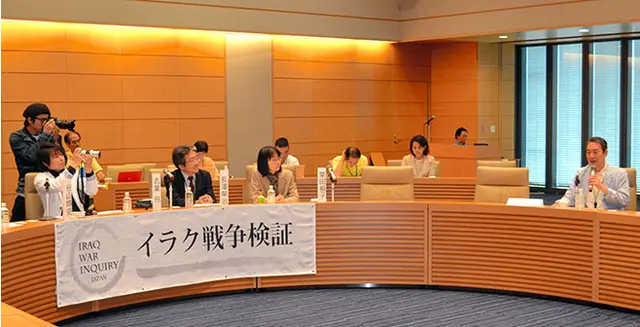The suicide of Tao Chongyuan, a postgraduate student at Wuhan University of Technology, has triggered heated discussions on the teacher-student relationship in China's colleges. Chat history disclosed after Tao's death highlighted Tao's unusual relations with his tutor Wang Pan, which Tao's family insists directly pushed him to jump from his dormitory building.
Tao was coerced into calling his still-single tutor "Dad" or the professor would feel offended, the chat history suggests. Apart from coercing students to wholeheartedly call him "Dad," Wang requested his postgraduates do housework, order meals and even wake him up in the morning. Any slight disobedience invited retaliations on the student's academic evaluation.
Fed up with Wang's control, Tao once applied for government funds to study abroad, but that was turned down by Wang, who refused to sign the application form. Tao's job-hunting was also repeatedly impeded by Wang. The tutor threatened to expel Tao from academic teams, which would deal a heavy blow to Tao's career. Wang was like an emperor in his relations with postgraduates, using Tao and other powerless students as free laborers.
Tao was not alone. It's not the first time postgraduates chose to end their lives after failed attempts to resist unjustified coercion by tutors. In December, Yang Baode, a PhD candidate at Xi'an Jiaotong University, drowned himself after his teacher refused to let him study abroad. In May 2015, Jiang Dongshen, a postgraduate student at Central South University wrote in his suicide note that his tutor deliberately failed him in his graduation oral examination. These tragedies epitomize the distorted teacher-student relationship in Chinese colleges.
Teachers are obliged to educate students with specialized knowledge and offer them academic assistance, and undoubtedly postgraduates are morally required to be respectful to their tutors. But that doesn't mean students are inferior to educators and have to obey all their unreasonable requests.
At Chinese universities, tutors are given too much say in evaluating students' academic performances. As a result, some lecturers, power in hand, have started to exploit their students in both their academic and personal life, and worse still, become increasingly unbridled after finding their prey has no other choice but to submit. It's common practice that postgraduates in China call their tutors "boss."
What's worse, many take this unhealthy teacher-student relationship for granted. After Tao's death, people haven't attached much importance to the need to change the status quo, but instead started to criticize Tao for his fragility and poor psychological condition in the face of difficulties. Some even argued that being obedient to teachers is a rule that students have to follow, and this is how the university and the whole of society work.
Fawning on tutors by doing their household chores is never a right thing to do and should never be encouraged. Students share an equal status with teachers in the 21st century. A two-way evaluation system can be implemented in Chinese universities to restrict teachers. Disobedience to Wang-like tutors may sometimes ruin the future of powerless students. Therefore students must be given some say in the evaluation of teachers so as to deter them from unruly behavior.
More importantly, to prevent similar tragedies from happening again, guiding the whole of Chinese society to view students as an equal entity with teachers may sometimes carry more weight than simply calling for stricter supervision of teachers.
(GLOBAL TIMES)
 简体中文
简体中文



